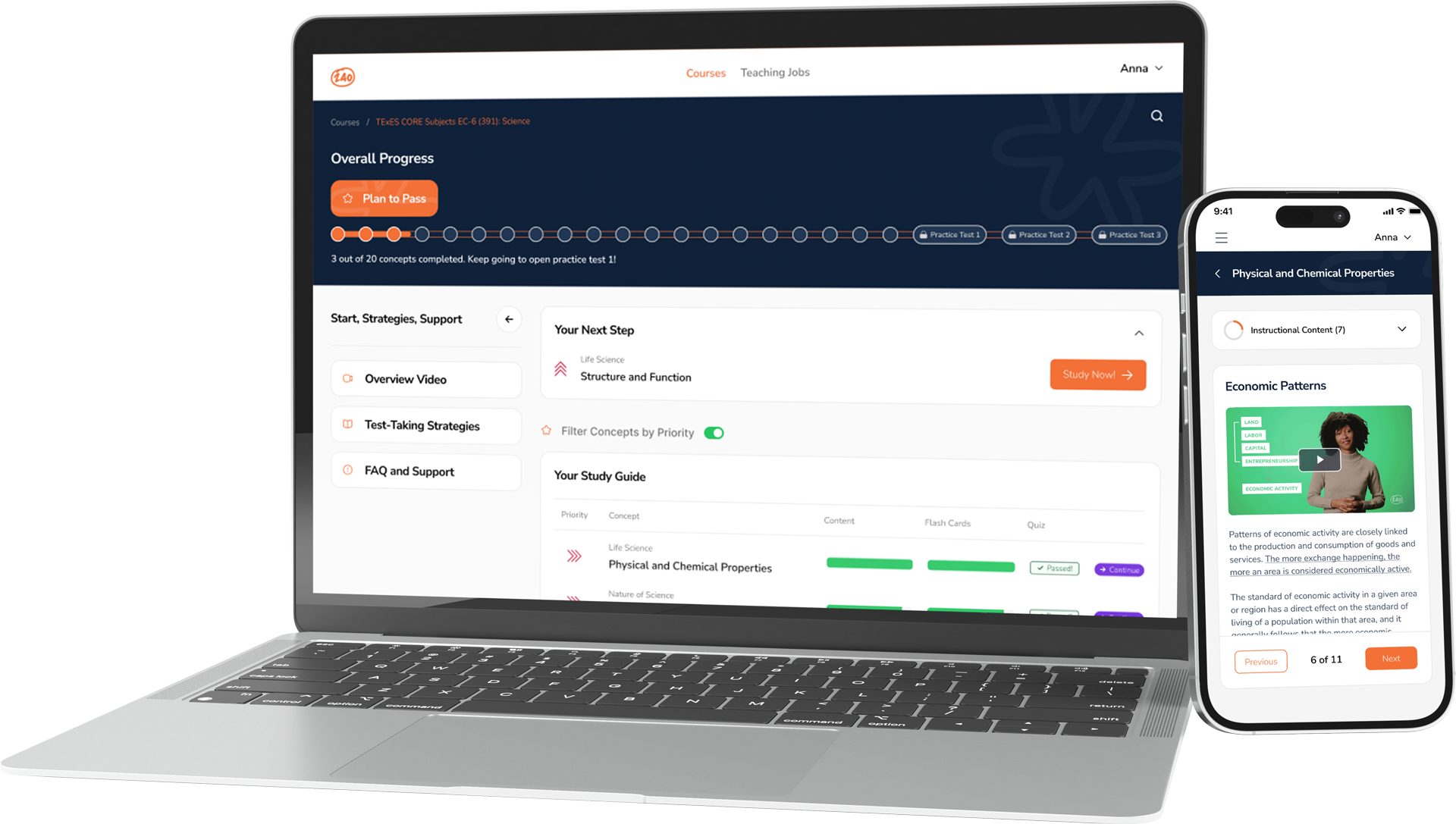Not sure where to start? Let us help! 💪
I'm a teacher candidate at a university/college I'd like to transition to teaching I'm a current / former teacher I'm in leadership for K-12 or Higher Ed (EPP)How To Study Effectively on Your Teacher Certification Exams

 You have a major exam coming up, but you’re not sure how to start studying. No one wants to put in hours of study time only to discover on exam day that you focused on the wrong topics. At 240 Tutoring, we’re here to help you study less and study smart by sharing the most effective study strategies. We have helped thousands of teachers successfully pass their teacher certification exams — in fact, we helped 49,649 teachers pass last year alone — so we know a little something about this topic.
You have a major exam coming up, but you’re not sure how to start studying. No one wants to put in hours of study time only to discover on exam day that you focused on the wrong topics. At 240 Tutoring, we’re here to help you study less and study smart by sharing the most effective study strategies. We have helped thousands of teachers successfully pass their teacher certification exams — in fact, we helped 49,649 teachers pass last year alone — so we know a little something about this topic.
We’ve created a step-by-step plan that will help you make the most of your study time. Check out the following tips to create a time-saving and effective study plan that meets your needs.
Step 1: Find Out What You Need To Study
This sounds easy enough — study what’s going to be on the exam. But to study efficiently, you’ll need to take it a step further. Taking some time to learn about the structure, topics, and grading system for your exam will save you hours of study time in the long run.
To make the most of your study time, ask yourself the following questions:
What will my exam cover?
You may already have a general idea of what will be tested on your exam, but before you dive right into studying, take a closer look at the specific topics that will be covered. If your exam is created by a testing company, the content standards covered on the exam should be published on the official website. For example, if you’re studying to be a teacher in Florida, you’ll need to take the General Knowledge exam. The testing company releases an official test blueprint that includes the key concepts you need to know to pass.
Knowing what to focus on will help you organize your study time and prevent you from studying excess material that won’t be on the exam.
What do I need to work on?
People who study smart know that they should focus their studying on the topics they struggle with. The best way to determine your own areas of weakness is by trying a few practice questions. This will show which topics you need to direct most of your time and energy toward and which ones you’ve already mastered.
If you’re taking a common or well-known exam, you may be able to find free practice tests online. For example, 240 Tutoring offers free practice tests for most teacher certification exams. You can find our practice tests listed under the resources tab of our site and the state you are looking to become a teacher in. A practice test will give you an idea of what to expect on the real exam and give you a score report showing how well you did on specific topics. You can then use this breakdown to identify areas you need to focus on.
If you’re not able to find a practice test, try taking a basic practice test. For example, college professors will often provide exams from previous years to use as practice. If you’re taking an exam that’s created by a testing company, the test makers will often provide practice questions on its website. While you won’t get a personalized score report, you’ll still be able to get a general idea of the areas that you struggled with. Take note of the questions you answered incorrectly, then check to see if there are trends within these questions indicating a specific area that you need to work on.
Sometimes you may not be able to take any form of practice test. If this is the case, look for other sources of practice questions. This might include questions at the end of chapters in a textbook, past homework or quizzes, or practice questions embedded in the textbook or lectures.
How will my exam be scored?
On some exams, the topics are distributed relatively evenly, meaning that each concept will contribute the same amount to your overall score. Other exams focus more heavily on a few select topics, with these topics contributing the most weight to your overall score.
Before you create a study plan, find out which topics will contribute the most to your overall score and plan your study time accordingly. There’s no need to spend hours studying a topic that will only account for five percent of your overall score. Generally speaking, your study time should reflect the framework of the exam — if a topic accounts for 30 percent of your score, you should spend about 30 percent of your time studying that topic.
Step 2: Create an Outline of What You Need To Study
Now that you know what to study, you can make an outline of topics you’ll need to cover. Use headings, subheadings, and bullet points to create an overview of the information you’ll study. In your outline, include brief notes indicating how each topic is weighted on the exam and how well you already understand each concept.
This may seem like an unnecessary step, but taking the time to create an outline can help organize your thoughts, reduce stress and anxiety, and will help with the next step — planning a study schedule.
Step 3: Plan a Study Schedule
Next, grab a calendar and the outline you made in step 2. There are a couple of options for planning a study schedule. You can start with today’s date and work forward to plan study times, or you can start with the exam date and work backwards. If you know you need to start studying right away, we recommend starting with today’s date and working forward as you set aside dates and times for studying. If your exam is several weeks or months ahead and you’re trying to figure out when you should start studying, you can start with the exam date and work backwards.
With either planning process, you’ll want to set aside specific dates and blocks of time to study different topics. Take into consideration how each topic contributes to your exam score and which concepts you struggle the most with.
Be reasonable with your time and expectations. Many people find that they can study for about one to two hours at a time, but this may be shorter or longer for each individual. Regardless of how long you can study for, remember to take breaks. Take short breaks about every half hour, and longer breaks after two hours of studying.
Step 4: Set Up the Right Study Space
Your study space should be something that works for you. Some people focus best in a quiet library. Others need a place with a bit of background noise, such as a coffee shop. You may even find that you need to change your study space periodically.
Regardless of where you choose to study, you should find a way to minimize distractions. If you get frequent text messages or emails, it may help to put your phone on silent. If you find yourself easily distracted by social media, put your phone in a separate area or separate room. (Tip: You can even use websites, apps, or browser extensions designed to block certain websites while you study.) If noise distracts you, find a quiet location or consider using noise-canceling headphones.
Step 5: Study Effectively!
To truly study smart and effectively, you need to go beyond simply rereading your notes or looking over the study material. If you want to feel confident and prepared on your exam day (and who doesn’t?), try some of these proven study strategies:
Find a study guide
If you’re studying for a certification exam, such as the NCLEX exam, CPA exam, or a teacher certification exam, there are tons of study guides available to choose from. When choosing a study guide, make sure you are looking at up-to-date and reliable sources. The creators of the study guide should specifically state that their material is aligned to the exam content. Material should be updated frequently to keep up with minor (or major) exam changes. Additionally, the study material should be comprehensive, covering all topics that are included on the exam. (Tip: If you’re looking for teacher certification study guides, 240 Tutoring meets all of these qualifications.)
Other questions you may want to ask yourself when choosing a study guide include:
- Is the study guide available online, in a printed format, or both?
- How much does the study guide cost? Is it a one time fee or monthly cost?
- Is there a pass guarantee provided by the company?
- Does the study guide match my personal learning style?
- Are there plenty of positive reviews from other users?
Create your own flashcards
Flashcards are an excellent tool to use for material that needs to be memorized, such as definitions, dates, or formulas. By creating your own flashcards, you can focus specifically on your own areas of weakness. As you use your flashcards to quiz yourself, sort the cards into concepts you know and ones you still need to work on. Continue this method each time you use the flashcards, until you have mastered most or all of the concepts.
Make visual representations of the material
Visual representations and charts are a great way to organize information and study concepts that need to be applied during your exam, such as chemical processes, the comparison of two ideas, and even job-specific protocols. Study smarter by incorporating graphs, diagrams, drawings, flowcharts, concept maps, and Venn diagrams into your notes and flashcards.
Summarize important material in your own words
This can be done either by writing down summaries in your own words, or by saying a summary out loud. In fact, one of the best ways to find out if you understand something is by explaining it to someone else.
While it may feel silly, grab a friend, roommate, or family member and verbally explain some of the more difficult concepts you’re studying. Not only will this help you identify the areas you don’t fully understand, summarizing the information will also help you commit it to memory. Alternatively, you can also write down an explanation of a concept as though you are teaching it to a friend.
Create a one-page study sheet
You may have had teachers or professors in the past who have allowed you to use a one-page reference sheet or index card of notes during exams. Chances are, they didn’t just do this to make the exam easier; writing things down (not typing) has been shown to improve memorization and understanding. Additionally, having to fit all of the information onto one page or index card helps you focus on the most important concepts.
Even if it’s not allowed during your exam, the act of creating the one page study sheet will help you recall and understand the material. (Tip: It also makes a great reference tool to use in the days leading up to the exam.)
Step 6: Check Your Progress
If possible, take another practice test about halfway through your study calendar. Ideally, your score will have improved since the first practice test you took. This can reassure you that you’re on the right track. If not, this is a good indication that you need to reevaluate your study plan. Do you need a more comprehensive study guide? Do you need to spend more time studying? Should you change your study strategies? Instead of getting discouraged or frustrated, make a few changes to your study plan and try another practice test at a later date.
At least a few days before your exam, try one last practice test. Your results will give you a good indication of where you stand and can also boost your confidence going into exam day. If there are topics you need to brush up on, now is the perfect time!
Making the most of your study time takes forward planning, commitment, and focus, but with the right plan and strategies in place, you’ll be well on your way to acing your exam!
Need help passing your teacher certification tests? 240 helped 49,649 educators pass their exams last year — and we are ready to help you! Start studying today.


